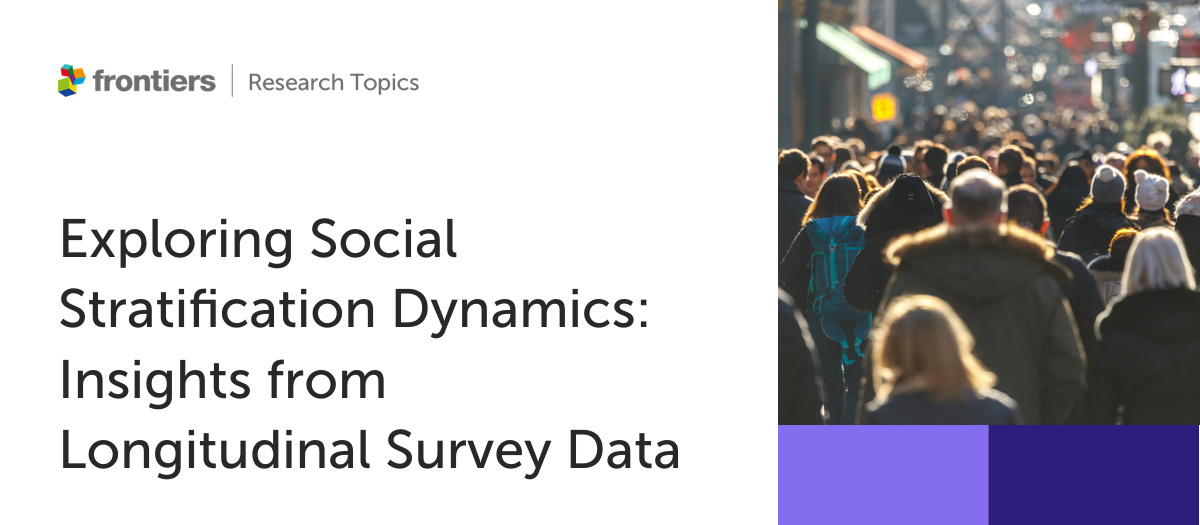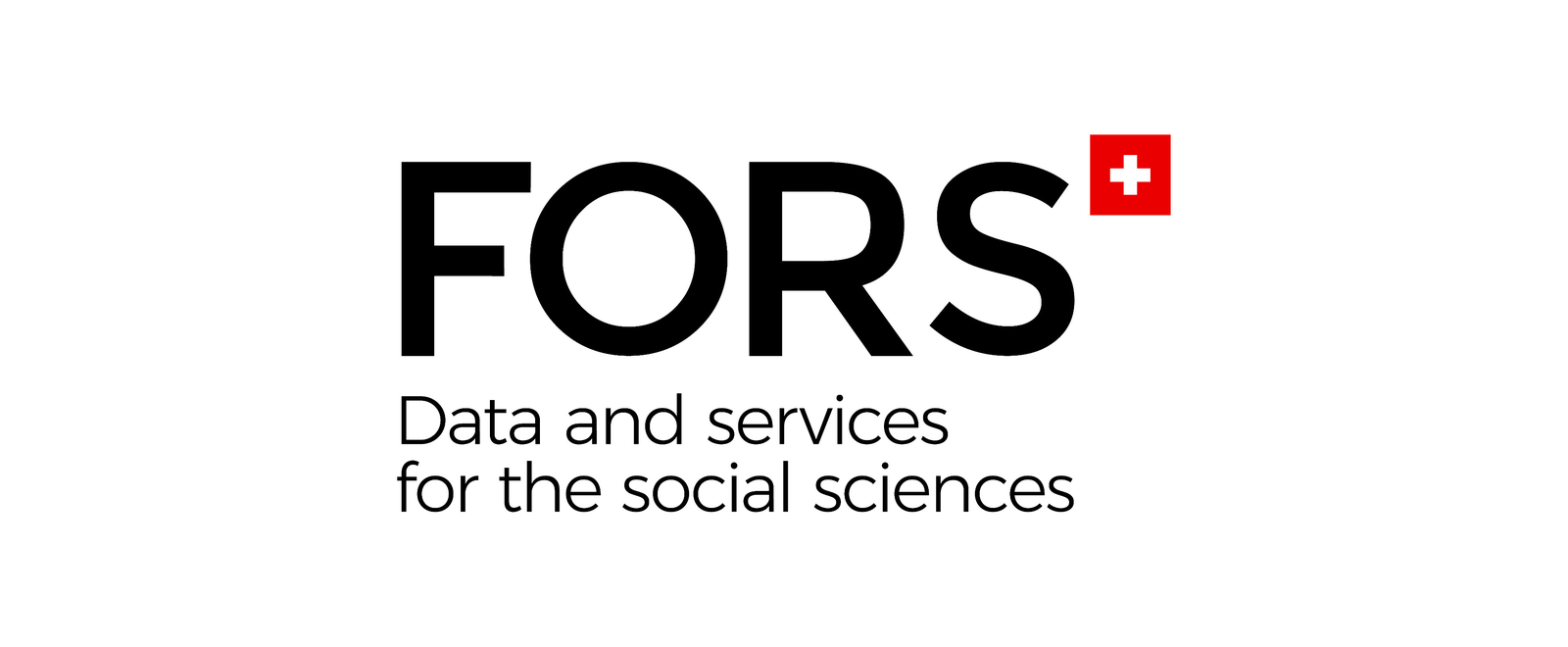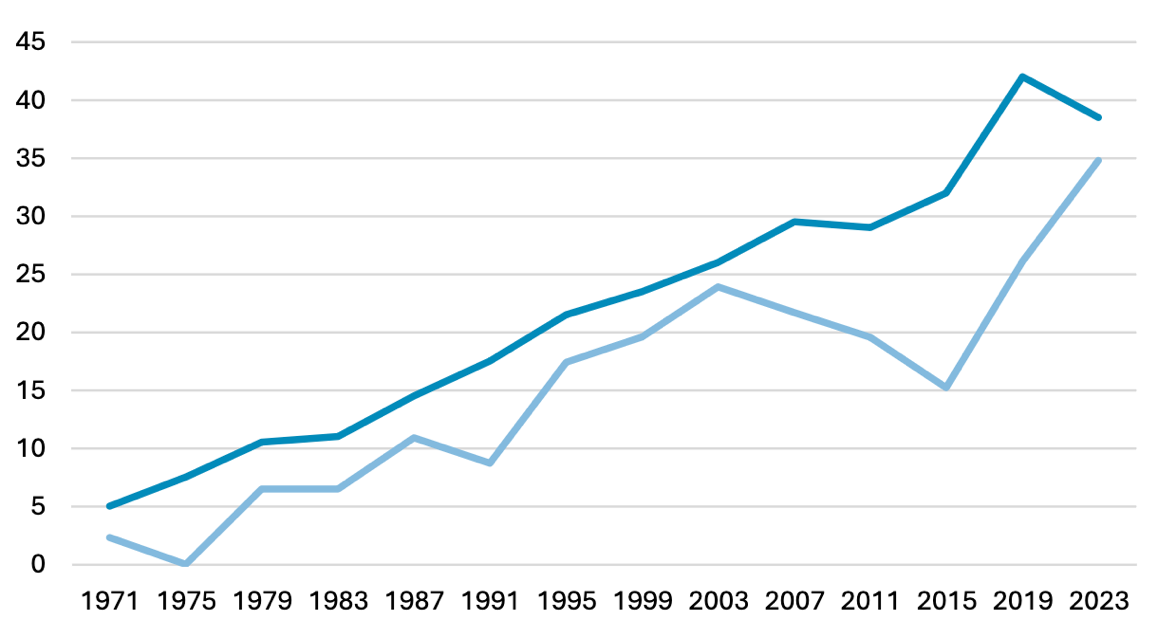Les dernières données des vagues 1 à 5 du Panel Selects sont maintenant disponibles sur SWISSUbase. Cette enquête suit les mêmes personnes depuis la campagne des élections fédérales 2023 et ceci jusqu’aux élections de 2027.
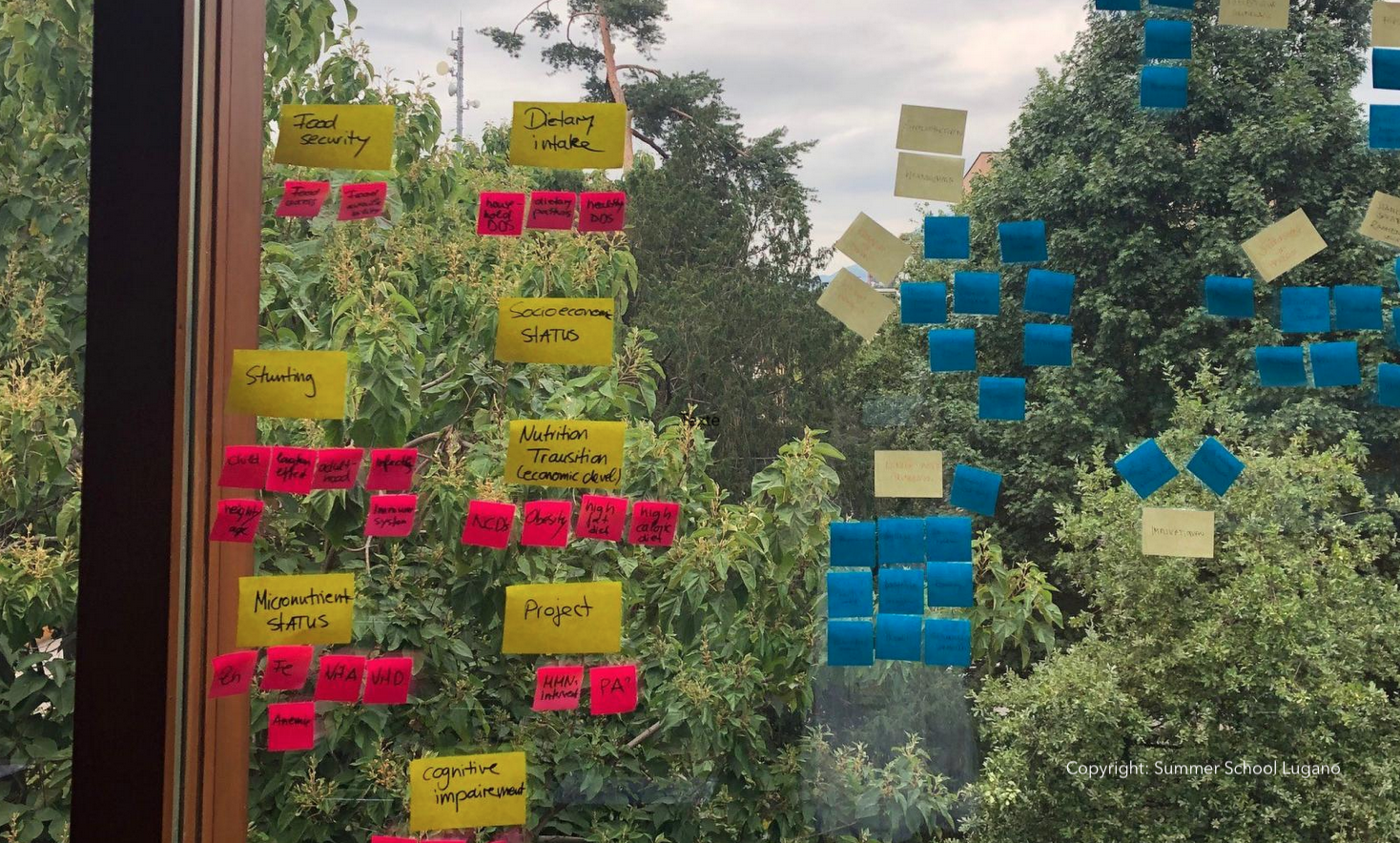
La Swiss Summer School in Social Sciences Methods célèbre cette année sa 30e édition anniversaire et propose 30 ateliers spécialisés d’une semaine ainsi que trois cours préliminaires de statistiques.

L’appel offre aux chercheuses et chercheurs une opportunité de collecter gratuitement des données représentatives sur des enjeux sociétaux actuels.
The European Social Survey (ESS) has released the final data for Round 11 (2023/24). Data from all 30 participating countries, including Switzerland, is now accessible via the ESS Data Portal.
The LIVES Centre is launching the “Good Life” Data Challenge. Use SHP data to explore what predicts a happy, meaningful, and psychologically rich life. Submit a brief theory-driven proposal by 15 February 2026.
On 2 June, we will provide an introduction to the Swiss Household Panel and data management using SPSS. From 3 to 4 June, Ursina Kuhn and Oliver Lipps from FORS will deliver a course on fixed-effects models.
How do factors like social origin, education, migration background, or gender shape life chances over time? Consult the editorial and the full research topic.
An updated guide on data management with SPSS is now available on our website. Download the guide and simplify your data preparation process.
Cette identité visuelle modernisée reflète notre évolution. Elle s’inscrit dans la continuité de nos activités et de notre développement.
SENPro (Swiss EOSC Node Prototype) aims to assess and prototype a national interdisciplinary node of the European Open Science Cloud (EOSC), enabling Switzerland to better connect its research data infrastructures to the European Open Science ecosystem.
De la conception du questionnaire à l’analyse des résultats, FORS propose un accompagnement méthodologique complet pour vos enquêtes. Contactez-nous pour discuter de vos besoins et obtenir un devis.
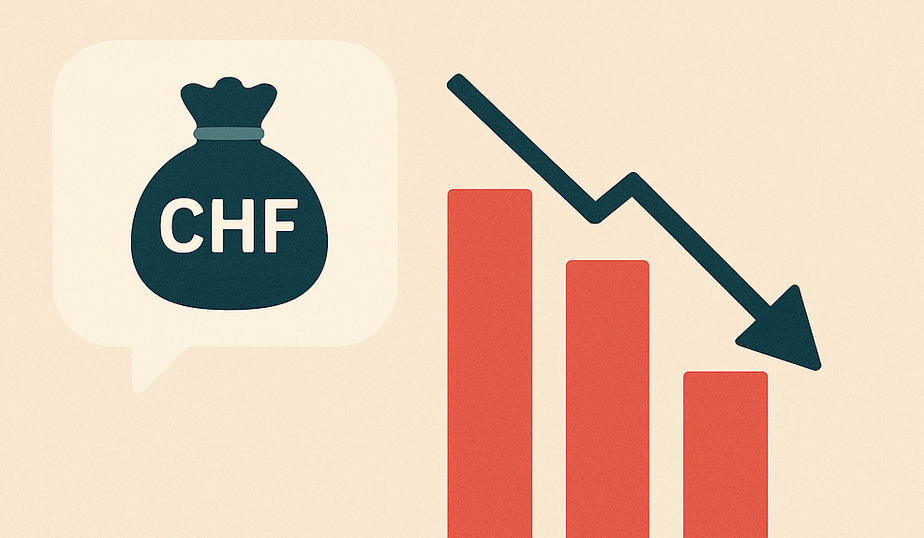
Le nouveau numéro de SelectsActuel montre dans quelle mesure les jeunes votant·e·s se détournent des partis traditionnels et présente d’autres résultats clés de la dernière enquête.
The SHP & TREE co-hosted a well-attended conference at UNIL on June 4–5, 2025, featuring a rich programme on key social topics such as education, health, migration & methodology.
Final 2022 Family and Changing Gender Roles V data released, and call for abstracts for the 4th ISSP User Conference (Nov 24, 2025). Submission deadline: October 20, 2025.
Rédigé par Georg Lutz (FORS) et Rita Gautschy (DaSCH), ce papier est une référence clé pour orienter la politique future des infrastructures de recherche en Suisse.
Le jeu de données cumulé de Selects regroupe l’ensemble des enquêtes électorales suisses réalisées entre 1971 et 2023.
Nous venons de publier notre rapport annuel 2024, qui présente un aperçu de nos principales activités et évolutions au cours de l’année écoulée.
Register now for the third online webinar on Authority data, standards and metadata. 28th of May (2:00–3:30pm). Hosted by Rita Gautschy (DaSCH) & Auriane Marmier (FORS).
Do you have questions about managing and sharing your social science research data? We’ve got answers. Every second Thursday of the month from 13:00 to 14:00 online.
Les données MOSAiCH/ISSP 2024 sur le thème des « Sociétés digitales » collectées au printemps 2024, sont maintenant disponibles.
Vous êtes-vous déjà demandé comment vos données sont traitées lorsque vous participez à l’une de nos enquêtes FORS ? Nous avons créé une courte vidéo qui vous emmène dans les coulisses de nos processus de sécurité des données.
All datasets are on SWISSUbase, with Wave 25 including new questions on asylum seekers and the environment.
Depuis 1995, l’étude électorale suisse Selects analyse la participation et le comportement électoral lors des élections fédérales.

Les chercheuses et chercheurs sont invité·e·s à soumettre des questions pour la 2e partie de l’enquête MOSAiCH 2026. Délai: lundi 21 avril 2025.





